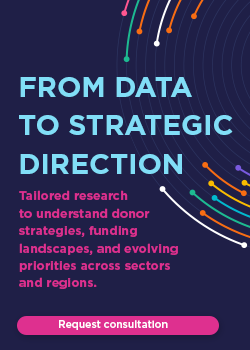Print

GENome Editing and delivery Strategies for REcoding the mammalian genome: RE-GENESis
Details
Locations:UK
Start Date:Apr 1, 2020
End Date:Mar 31, 2022
Contract value: EUR 224,933
Sectors: Health
Description
Programme(s): H2020-EU.1.3.2. - Nurturing excellence by means of cross-border and cross-sector mobility
Topic(s): MSCA-IF-2019 - Individual Fellowships
Call for proposal: H2020-MSCA-IF-2019
Funding Scheme: MSCA-IF-EF-ST - Standard EF
Grant agreement ID: 897663
Project description:
Gearing towards genome surgery
Synthetic genomes are chemically created piece by piece by scientists and then inserted into cells. Despite success with viral and bacterial genomes, synthesising a eukaryotic genome has proved to be challenging and assembly has so far been limited to a few chromosomes. The EU-funded RE-GENESis project is using gene editing methodologies to replace large parts of DNA in embryonic stem cells. With a focus on correcting the Duchenne muscular dystrophy gene, researchers have developed new DNA modification and replacement tools. RE-GENESis will not only contribute towards the understanding of complex eukaryotic genomes but also provide novel solutions to treat genetic diseases.
Objective:
The assembly of functional synthetic mammalian genomes is the most ambitious biotechnological challenge of the current century. Synthetic genomics has generated remarkable results in viruses and bacteria, but the de novo assembly of eukaryotic genomes is still limited to a few small chromosomes. Indeed, efficient delivery and genome engineering strategies for systematic genome replacement and assembly in higher eukaryotic cells are still missing. With my project RE-GENESis, I intend to make an essential contribution toward a more comprehensive understanding on the mammalian genome through the synthetic replacement of recoded loci at megabase-scale. My main goal is to demonstrate the feasibility of synthetic genomics and genetic code reprogramming at the megabase-scale in mammalian cells, using mouse embryonic stem cells to identify efficient delivery vectors, genome editing strategies and recoding schemes. I will use CRISPR-Cas in combination with large vectors to find new genome surgery strategies for genome recoding and gene correction and exploit them to replace the 2.4 Mb DMD (Duchenne Muscular Dystrophy)/dystrophin gene as a landmark application. The developed delivery and DNA replacement strategies will be also readily available for genome editing therapeutic approaches in order to correct most of the DMD disease-related mutations in human stem cells. RE-GENESis will thus pave the way for the effective deployment of synthetic genomics in high eukaryotes, expanding our understanding of complex eukaryotic genomes, delivering new tools to modify and regulate mammalian DNA and providing innovative solutions to treat genetic diseases, epidemics and ageing. This highly original and multidisciplinary project combines the strength of CRISPR-Cas with the power of large delivery vectors to yield a project of excellent, innovative science that will exploit my expertise in genome editing while providing me extensive training in genome recoding and synthetic genomics.


